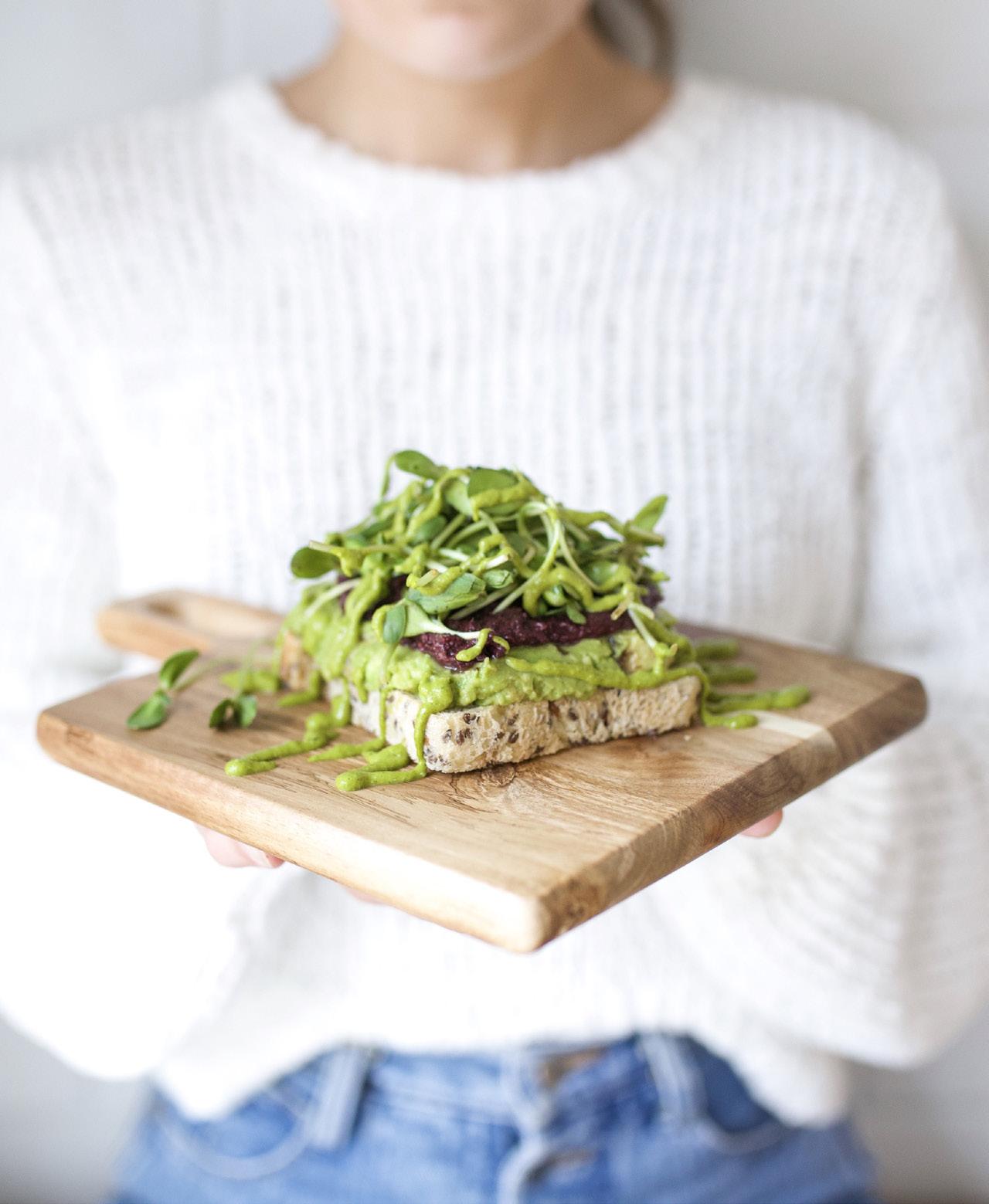
15 minute read
VEGANISM VS. PLANT BASED
Veganism vs. Plant-Based and why it’s entirely different.
BY KRISTINA BOTELHO PHOTOS BY ERIC SHIOZAKI
Advertisement
You may have noticed that I refrain from using the “V” word when referring to my dietary lifestyle as well as marketing my business kb&co.
For a over 8 years now, I’ve been avoiding meat and dairy due to digestion and gut related issues. Because there was no cure for what the doctors diagnosed me with (IBS), I was forced to take matters into my own hands by eliminating and incorporating various foods. First it was the dairy and I felt great. Then meat, felt even better. I was forced to get creative as my diet started to steer more towards a vegan diet. But here’s the thing, I didn’t consider myself a vegan and yet almost everything I was eating was technically vegan. Most of my friends started labeling me as vegan and I was baffled. I’d say, “I’m not actually vegan” but the confusion that caused as they stared at me stunned saying “Kb, but you eat vegan so your vegan no?”.
I started eating “vegan” if you will in efforts to feel better, to feel more energetic, and to cure my own gut related issues. It was my understanding that if you’re a vegan, you encompass everything that it stands for which wasn’t something I was ready to embrace at the time nor had I had any knowledge around. I believed the reason for most people who decided to go vegan was because of their compassion towards animal cruelty. And to be clear here, that is very dear to my heart but like most, we justify our eating habits by belief systems that you need to eat this and need to eat that to remain healthy.
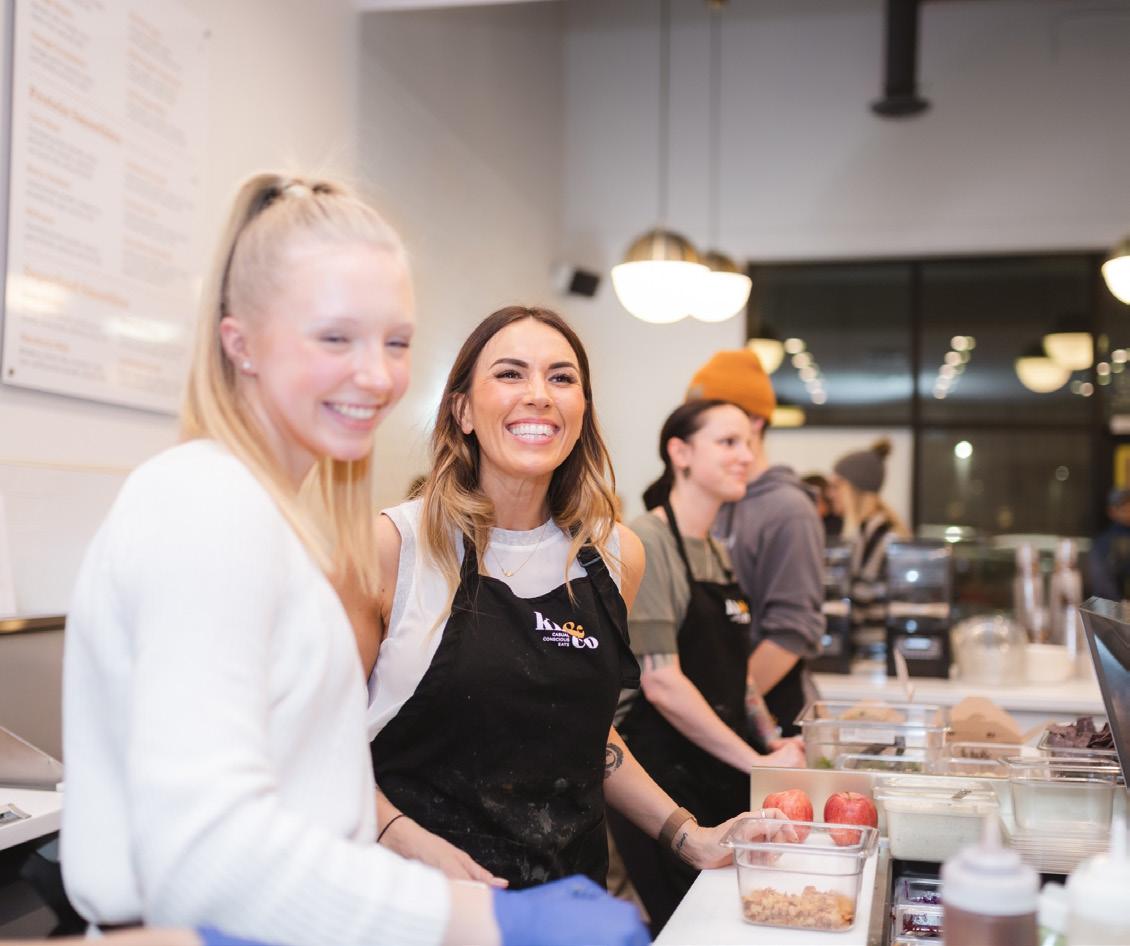
Well I was proof that you didn’t need to eat animal by-products to be healthy, but I was still confused about my own identity. Am I vegan?
Around this time, I was also studying plant-based nutrition which at the time wasn’t a word that anyone I spoke to understood never mind used as a term as it predominately is today.
While researching, I realized that if I were to be labeled as anything, plantbased was a label that best described how I was eating. Plant-based, by definition is to eat whole, non-processed foods which was exactly how myself and my family were eating. If my kids wanted cookies, I was going to make them cookies from scratch. Shit… if they wanted crackers, I was prepared to also make that from scratch … days on end of a home smelling of onion, tomatoes, and garlic with a hint of moldy laundry isn’t always the best of scents but hey, I’m going back to basics… look at me making my own crackers. ha-ha! I was eating plant-based…I was eating mostly whole, non-processed foods.
So, here’s the difference between the two and why I feel there is a huge difference between both terms used today and why it’s not the same thing.
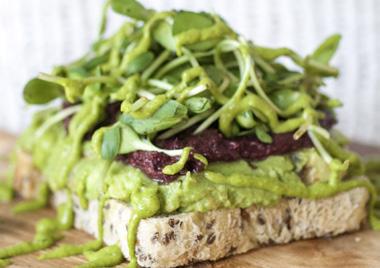
“Veganism is a way of living which seeks to exclude, as far as it’s possible and practicable, all forms of exploitation of, and cruelty to, animals for food, clothing or any other purpose.” This would also explain why many vegans also don’t purchase let alone wear leather goods. But it doesn’t necessarily mean they’re eating lots of whole foods. Vegans could get by eating a lot of processed foods and snubbing their veggies just like anyone else. I say this often... chips, gummies, Oreo cookies and many of other deep-fried foods are vegan. Does that make it healthy for you? I think I’ve met more nutrient deficient, unhealthy vegans than I have healthy for the reasons listed above.
A whole, non-processed plant-based diet, on the other hand, emphasizes eating whole fruits and vegetables, consuming lots of whole grains, and staying away from (or at least minimizing) the intake of animal products and processed foods for health reasons. That means that even vegan desserts made with refined sugar or bleached flour are out. It typically does not restrict their purchase to wear or buy leather goods. There are no strict guidelines or definitions for what constitute a whole foods plant-based diet other than focusing on eating lots of fresh produce and minimally processed foods. Some people on a whole foods plant-based diet don’t eat any animal products, while others will eat a restricted amount. It’s flexible in that way, but strict in its focus on eating whole foods.
By increasing your intake of foods from plant sources and eating more vegetables, you’ll be upping your intake of antioxidants, fiber, vitamins and minerals. A boost in these nutrients will also impact the way you feel, and I am proof of that. Eating more whole, plant-based foods gave me increased energy, clearer skin and more clarity and hey, if you’re looking to lose a few pounds, studies have also shown that it’s effective for weight loss and weight maintenance. The list really goes on from experiencing a decrease in your overall risk of high blood pressure, type 2 diabetes to lowering your risk of obesity, heart disease, stroke and cancer. I mean, c’mon… what’s the compromise?
You can start by hopping on the meatless Monday train and commit to plant-based options for just the one day. There’s also a huge influx of animal by-product alternatives on the market not too mention all the restaurants that are adding plant-based additions to their menu. Try veering off your usual and try something different. Plant-based doesn’t have to mean boring and tasteless. Kb&co proves that (in my most non-biased opinion, he-he).
Accounting for Health & Wellness Advocates
Health and Wellness is extremely important to you, managing the financial wellness of your business is equally important to us. We are passionate about our own fitness regimes, we are also passionate about accounting and strategically setting you up for financial success.
If your goal is to help people with physical success, our goal is to set up wellness entrepreneurs with fiscal success. We have aligned our values with entrepreneurs that care about health and wellness. We found that you need personalized solutions and not the standard, “generic financial statements and you are on your way” type of format.
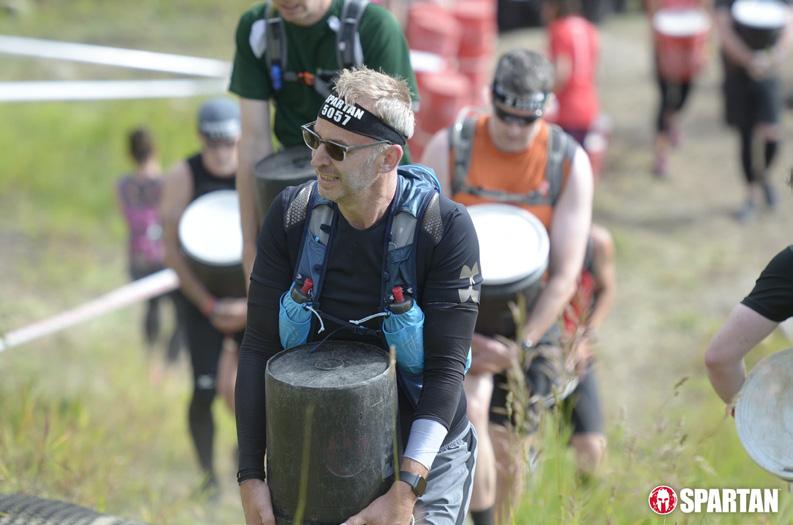
If you are ready for state of the art accounting, bookkeeping, tax or business coaching solutions, call the people that walk the talk.
780-482-7297 www.strategistsinc.ca

Learn about recruitment and how to prepare.



www.joinEFRS.ca
OUR TRŪ FAMILY IS GROWING. NEW LOCATIONS OPENING IN MARCH! we’re hiring! We provide initial training, industry leading compensation plan and potential ability to teach multiple formats, full membership to all GYMVMT and HERGYMVMT locations for you and a second person, and access to complimentary continuing education credits.
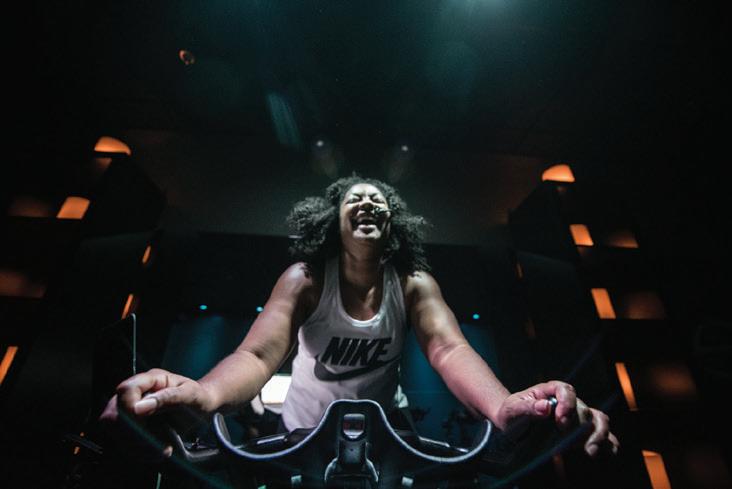
THE PUNK ICON
J O H N
JOSEPH
WHO HATES MEAT
Oil and water. Orange juice and toothpaste. Sharks and tornados. Just a few things that we don’t think of as pairing well together. Just like punk rock musicians and plant based living.
John Joseph, the longtime singer for the legendary hardcore band the Cro-Mags, is a tough guy. Tattooed and foul mouthed, he’s still touring and performing, and has raced in ten Ironmans. His secret for staying tough he says? A plant-based diet. The 57-year-old will eat a little bit of anything, and cook a little bit of anything on his YouTube channel, as long as there are no animal products involved. If you follow him on Instagram, you’ll soon realize he is all in on green and fast to share posts related to animal rights and supporting animal welfare.

I met Joseph at a recent wellness retreat in Kananaskis and while the haunting stories of his childhood and rough time as a young adult stuck with me, it was his journey into plant based living and becoming an athlete that resonated the most. Over a little more than an hour we chatted about the benefits of eating green, his fond memories of cooking big family dinners with the members of Motörhead and Bad Brains, and his favorite memories on the streets of NYC and how living a plant based lifestyle and getting into fitness literally saved his life.
You maintain a plant-based diet. How did that all begin?
John Joseph: Absolutely, 100 percent organic and locally sourced as much as possible. I’ll tell you what, man, I had a really tough upbringing. I was raised in the foster system, got out in ‘77, hit the streets, and started getting into trouble for a few years. After that, I joined the Navy and met some Rastas in Jamaica in 1980. They ended up schooling me on “Ital,” which is a pure vegan diet. It didn’t really resonate with me initially, but the seed was planted.
A few months later, I met the Bad Brains at a gig in Norfolk, Virginia. H.R. [the lead singer] took me aside and schooled me on keeping a positive mental attitude and eating a plant-based diet. After my tour in the Navy was over, I came back to New York, and who do I see standing on the corner of Avenue A? H.R.—he’s there with the Beastie Boys.
I started hanging with them, and they got me a job in a health-food store. While I was working there, I started doing research and came to the conclusion that cutting out all the meat, dairy, and processed foods was the right thing to do.
Back then, I walked around with a lot of anger. When I started to eat like this, that anger began subsiding. With all I was reading those days—different books about spirituality and such—I realized that we were ingesting the suffering of these animals by consuming their flesh. After that I was like, “I ain't ever going back,” and I never have.
It sounds like that was a pretty radical shift in your life.
From where I was, yeah. People can’t even believe the stuff that I went through as a kid on the streets—I got shot at, I sold drugs, I watched someone almost get killed in front of me. Just insane stuff that no 14-year-old kid should have to go through, especially in this system with my brothers in basically an insane asylum of a foster home. You know, people may look at who I am in 2020, but they don’t understand the 40 years of work to get to this point. And I’m still a work in progress.
I always feel that there’s a perception that a plant-based diet is a difficult thing to maintain. Is that your experience?
Not at all. It’s second nature at this point for me. We look at everything that we put into our cars, we’re obsessed with the fine details of all those sorts of things. But when it comes to what we put in our bodies, man, if you read the label and you can’t pronounce this shit, you shouldn’t be eating it. Our body is our only vehicle to get through life.
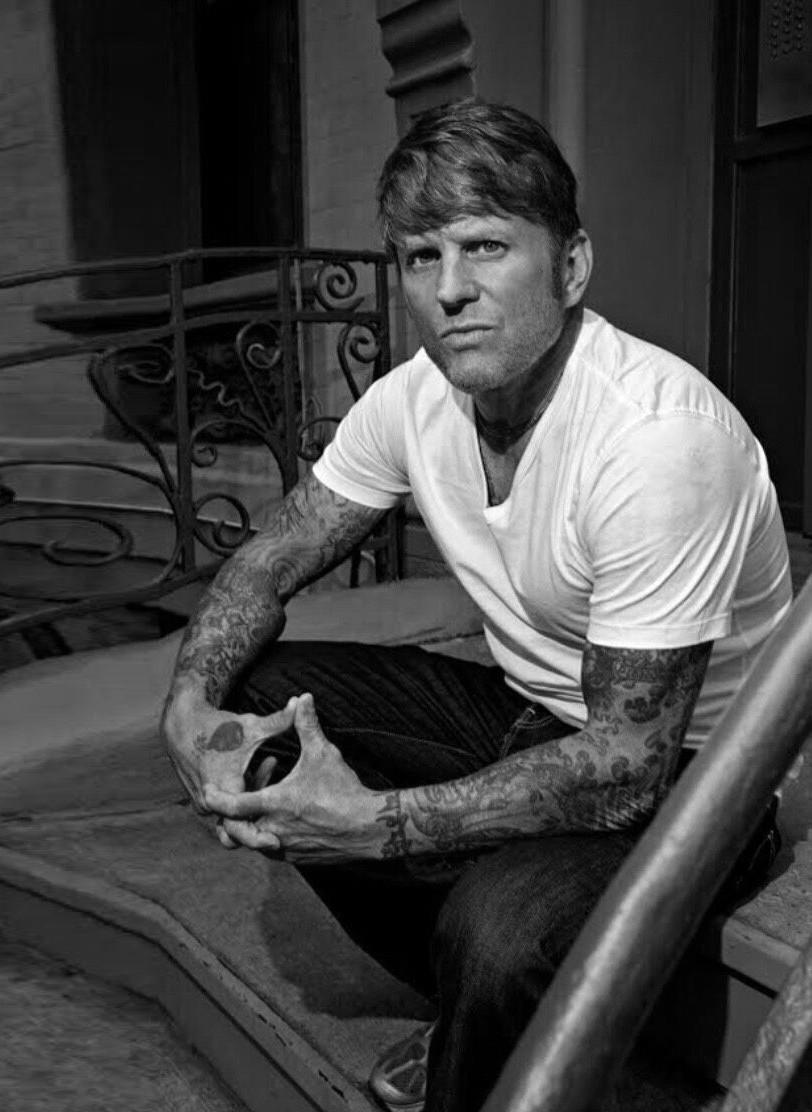

When I started doing this diet and I went on tour with the Bad Brains, we had to bring all this rice and beans and tahini on the road with us. Now, I’m 57 years old, and we’ve got health-food stores, Whole Foods, healthy restaurants everywhere. It’s easier than before, but it requires a little work on your part. But you know what? Where else are you gonna spend the time? Because if you don’t spend it taking care of yourself and eating properly, your quality of life is gonna go to hell.
I wanted to ask you about your Ironman training, which seems like a pretty grueling thing to get into. Do you think your diet helps you at all with that?
Absolutely—a high-alkaline diet reverses inflammation and helps you to recover quicker. The superfoods, the chia seeds, the greens, all of that helps get you going the next day. That’s why so many athletes are going plant-based now. I’m banging out hundred-mile rides, get off my bike, and then run 15 miles right after. How are you going to come back from that the next day when you’re eating a bunch of meat that’s sitting in your gut? It’s not even just the meat either, it’s the processed foods, too. That's the key: a whole-food, plant-based diet.
Finally, as a veteran of the hardcore-punk scene, what’s one thing that keeps you going strong after all these years?
Fitness, fitness, fitness. What is so punk rock about being sick in your 40s? I want to be out there kicking ass like I was in my 20s, and I still am. The real thing is to take care of yourself and be healthy. The drummer from Terror ran the Boston Marathon and then played a show later that day. If you watch him play drums, he friggin’ beats the crap out of those drums. One of the things I was always taught was “Example is always better than precept.” Basically, it doesn’t mean a hill of beans unless you’re showing others the example. You’ve got to share the knowledge with everybody else, and this is the best way to do it.
JUST START
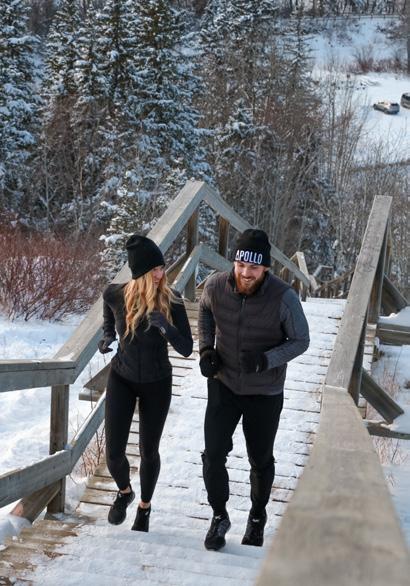
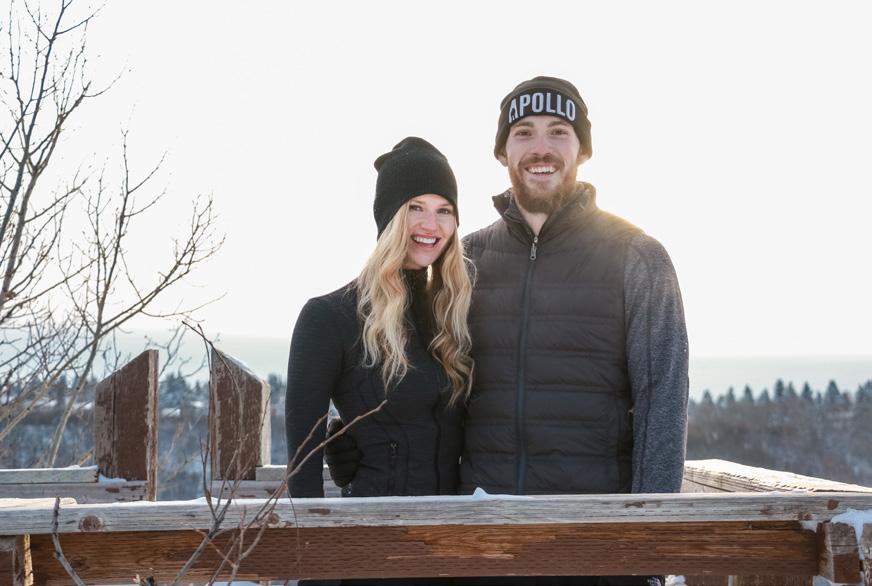
sounds of the river or city around you? You get to shape your route, have fun with it!
By Austin Watt
When people talk about starting to run, it’s important to remember that running is a different journey for every single person. What comes naturally for one person can be significantly more difficult for another. So, before you read any further, acknowledge that this is your running journey, not anybody else’s. Own your run, and if a particular piece of advice doesn’t resonate with you - acknowledge it and move on. Fact is; in order to run, you only need two feet and a heartbeat. There are a hundred other things that can be added into that equation, and we’re going to tackle a few of them, but know that if you can walk, you can run. If you can run, you’re a runner.
I struggle with providing advice when asked how to get started with running, because to me, there isn’t a right or a wrong way to begin. If one foot is moving in front of the other, you’re on the right track. So, in an effort to make sure I was compiling comprehensive and runner- tested tips, I turned to Instagram for help: I created a poll asking my running friends what advice they would provide to a beginner, and they didn’t disappoint. The following tips represent the best and most helpful results of our brainstorming. This is not a how-to guide on beginning to run, just a few tried, tested and true pieces of advice from about 100 people on Instagram:
1) Take walk breaks! Not only are they allowed, they’re important. Ten people will give you ten different pieces of advice when asked how to start running, but the consistent theme is that you should be patient, start slow, and build from there. For your first few runs, it’s okay to keep them short - even if they’re 10 minutes long. Nobody is judging you for walking, and nobody is handing out medals when you get home.
2) Don’t over think it! This is supposed to be fun! There is no ‘right way to run’ when you’re starting out, so don’t think about how your feet are hitting the ground quite yet, just think about forward motion. You can refine later. Focus on the parts you can enjoy. Do you like running downtown? In the river valley? With music, or with the 3) Gear up! Invest in a good pair of running shoes and know that ‘good’ doesn’t necessarily mean expensive. Visit a shop like the Tech Shop or Running Room and talk to a sales associate who will get you into the perfect shoes for you – for your feet and for your stride. Find clothes to run in that are breathable and light, and dress for 10 degrees warmer than the current temperature. Light layers are always a good bet, as you can adjust as needed.
4) Find a buddy or join a run club! Accountability makes all the difference and running with people you enjoy makes the run more fun. There are a ton of awesome running and fitness groups in Edmonton that have run leads for all paces and are happy to help support you in your run goals! Run Collective, November Project, RunWest, and the Running Room are all great places to start - and it’s never too early to start. The amount of times I’ve heard someone say that they’re waiting until they’re more fit to join a group is staggering - nobody cares if you’re red or if you’re breathing heavily, we’re all just happy you showed up.
5) Listen to your body, and don’t get caught up in what other people are doing or saying! It’s easy to compare yourself to others, and to believe that you should be faster or more fit, but the beginning of your journey will look different than the middle of theirs. Trust the process, stick with a pace you’re comfortable with, and bank the runs; it all counts. Once you start to feel stronger, try testing yourself and you’ll find out how resilient you are. A common misconception is that it will get infinitely easier as you continue, and it does in certain ways, but your body is conditioned to tell you to quit 100 times. The more you get out there, the better you’ll be able to determine what is your mind vs your body limiting you. Running is a deeply personal journey, as you’ll inevitably spend a great deal of time alone with your thoughts.
There is no recipe for creating a perfect runner. Whether you’re a seasoned runner or a beginner, remember that how you run 2020 is up to you. Listen to your body, enjoy the run, engage the community, and have fun. Running is for you.
PHOTOS BY PATRICIA DOIRON



